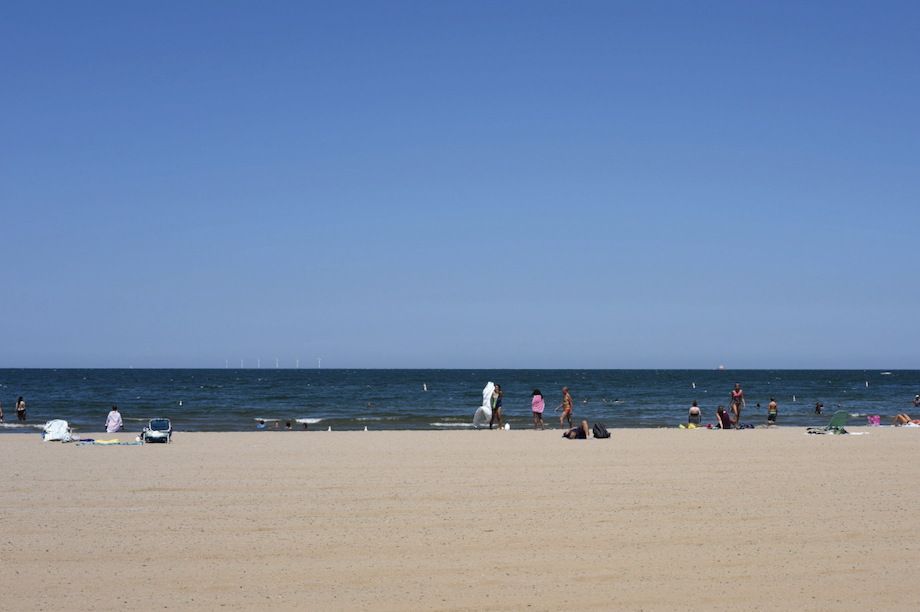This story was first published on 22 May 2020 after the Ohio Power Siting Board approved Icebreaker's construction. It was updated on 23 June after LeedCo appealed the decision.
After a long permitting journey to satisfy 14 federal, state and local agencies, the 20.7MW Icebreaker in Lake Erie was unanimously approved by the Ohio Power Siting Board (OPSB) in May.
However, it attached 33 conditions to the construction and operation of the project. The most onerous of these conditions was the order that turbines must not rotate overnight between 1 March and 1 November, until the developers could provide data showing that there were no adverse impacts on birds and bats.
LeedCo president David Karpinski said this operating condition ‚Äúmay well be fatal to the entire project‚ÄĚ, and added: ‚ÄúThroughout the OPSB proceedings in this case, we made it abundantly clear that a requirement to shut down the turbines from dusk to dawn for the majority of the year renders the project economically not viable.‚ÄĚ
He also said that the condition came as a surprise, that LeedCo only learned of it in the press release issued by the OPSB, and that the stipulation reneged on an earlier agreement with the permitting authority whereby Icebreaker would only have to turn off turbines if collision-detection technology did not work correctly.
Appeal
LeedCo is now appealing the OPSB‚Äôs judgement, claiming it ‚Äúignored the evidence and acted contrary to state law‚ÄĚ by disregarding the findings of its own technical staff and ‚Äúadded a project killing condition to its approval‚ÄĚ.
Terrence O‚ÄôDonnell, an attorney for Icebreaker Wind, added:¬†‚ÄúNothing in Ohio law grants the board that kind of unchecked power. This shutdown mandate is without legal precedent, and we are hopeful the board will reconsider.‚ÄĚ
Icebreaker is due to comprise six MHI Vestas V126-3.45MW turbines installed on suction-bucket foundations. It could come online in 2022, although 2024 was the original timetable.
Opposition
The project has also faced opposition from bird advocacy groups, including the Black Swamp Bird Observatory and the American Bird Conservancy.
Murray Energy, the country’s largest private coal company, based near Cleveland, had also funded separate lawsuits opposing the project.
In a financial statement, the coal company listed 11 payments to law firm Benesch, Friedlander, Coplan & Aronoff, which opposed the project, totalling $993,628.88.
Murray Energy declared bankruptcy in October 2019.

.png)

.png)











